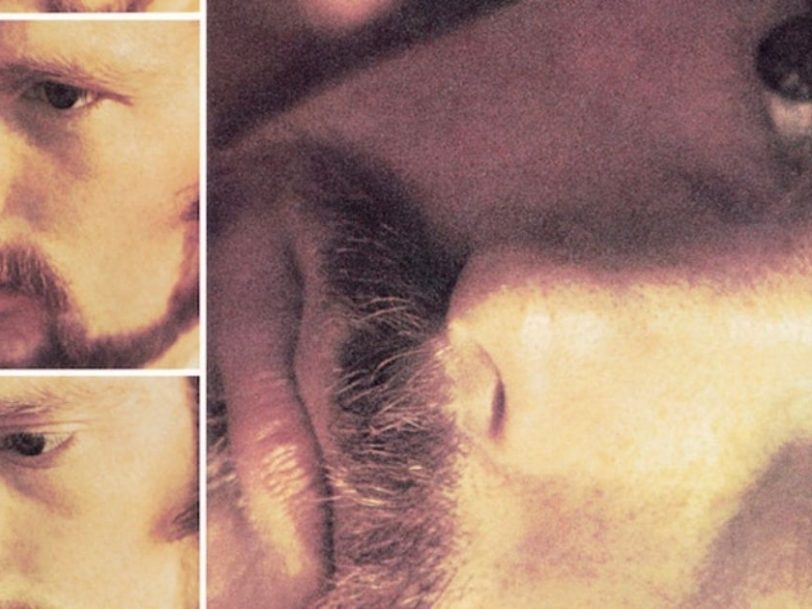Belfast-born singer-songwriter Van Morrison started writing the songs for Moondance in the autumn of 1969, a year after the release of his previous album, the seminal Astral Weeks. Morrison said his only intention with Moondance was “to produce an album of good songs”, and he did this and more: the ten tracks on the album, released in the UK on 27 January 1970, are all top-class, shining examples of accomplished lyricism and musicianship.
Listen to ‘Moondance’ here.
“The type of band I dig, two horns and a rhythm section”
Morrison and his first wife, Janet Planet, were living in an artistic community in New York’s remote Catskills region, near Woodstock, at the time he recorded Moondance. He hired, he said, “the type of band I dig, two horns and a rhythm section”. The horn players were Collin Tilton (tenor saxophone and flute) and Jack Schroer (alto and soprano saxophone); Morrison had seen Schroer in a blues bar in New York City and invited him to work with him the next day. He met guitarist John Platania in Woodstock and the pair became long-term collaborators. John Klingberg (bass), Gary Malabar (drums), Guy Masson (congas) and female back-up vocalists Emily Houston (of The Sweet Inspirations), Judy Clay (who had several hit singles with Billy Vera) and Jackie Verdell made up the session band. Morrison sang and played rhythm guitar, harmonica and tambourine.
- ‘Moondance’: A Track-By-Track Guide To Van Morrison’s Most Personal Album
- Best Irish Musicians: The Most Shining Talents From The Emerald Isle
- Best 70s Albums: Essential Game-Changing Records Of The Decade
The album’s ten songs – And It Stoned Me, Moondance, Crazy Love, Caravan, Into The Mystic, Come Running, These Dreams Of You, Brand New Day, Everyone and Glad Tidings – have a freshness that resulted from the spontaneity at the recording sessions at A&R Studios in New York. Morrison’s vocal parts were recorded live on eight-track, one-inch analogue tape, and the two horn players, along with Morrison and Labes, improvised on the arrangements as they worked. Moondance marked Van Morrison’s debut as a producer, though he was helped in the mixing process by engineers Elliott Scheiner and Tony May.




